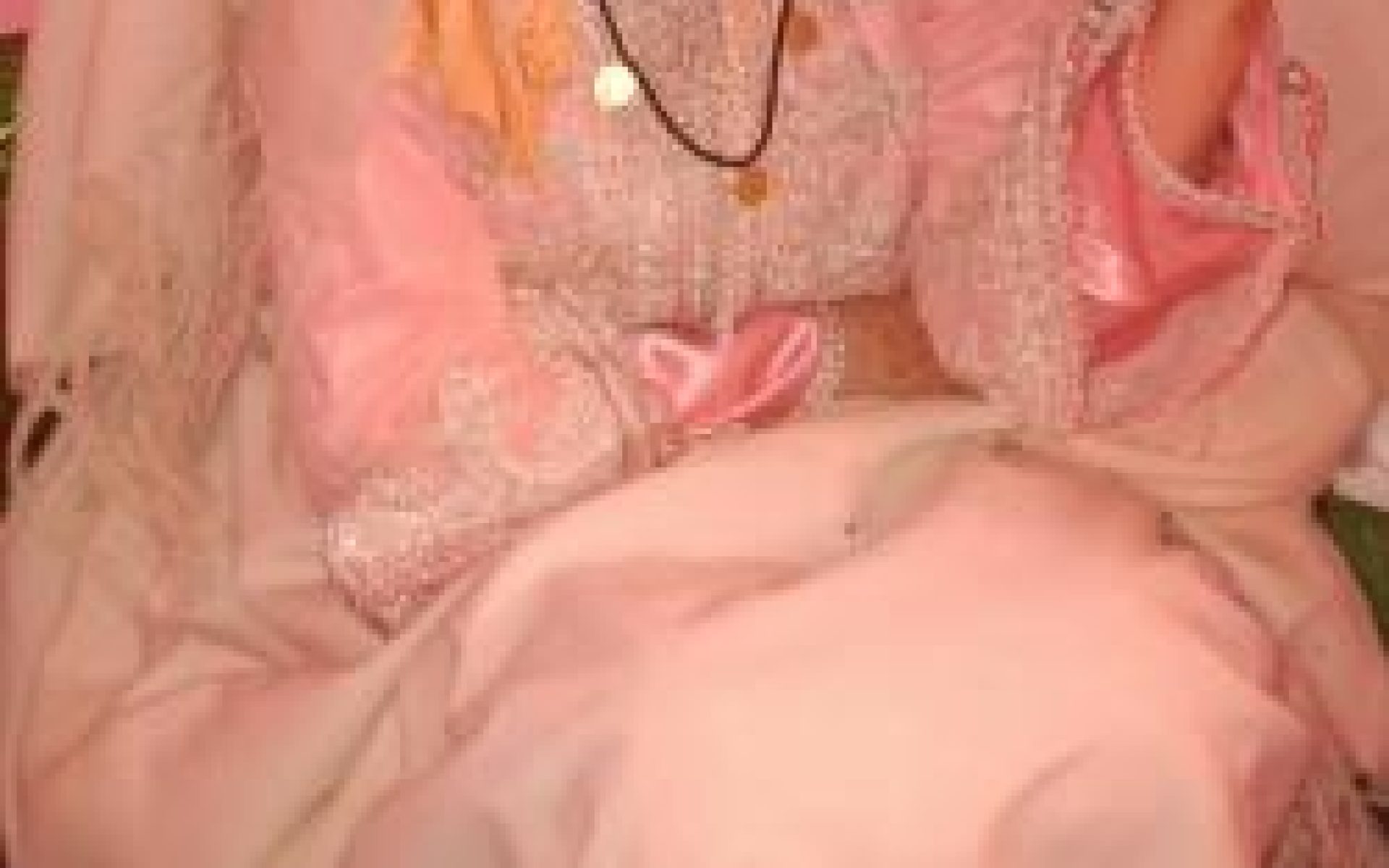Written by CorpsAfrica/Maroc Volunteer Ms. Hafssa Ait Tabamoute
People on my site “Tiouchi” had a very busy and outstanding summer time. It was a very special part of the year for locals to celebrate their weddings and for guests to get out of work stress. People living in big cities come to the village to spend their holidays by visiting their families, enjoying nature as well and sharing wedding happiness with their families.
Directly after the Eid of Al Adha, the first wedding in the town started to finish in mid-October as the 15th one. What is special about these celebrations is that people who are preparing their marriage ceremonies agree on the dates of each wedding which makes every summer day a celebration. The other reason is to organize the wedding schedule of the village. So many considerations, habits, and preparations are taken into account to get ready for the big day. A week before the wedding ceremony, all the family members are gathered to give a hand in the preparations by cleaning the house, inviting the neighbors, buying the gifts for the bride and the groom.
Directly after the Eid of Al Adha, the first wedding in the town started to finish in mid-October as the 15th one. What is special about these celebrations is that people who are preparing their marriage ceremonies agree on the dates of each wedding which makes every summer day a celebration. The other reason is to organize the wedding schedule of the village. So many considerations, habits, and preparations are taken into account to get ready for the big day. A week before the wedding ceremony, all the family members are gathered to give a hand in the preparations by cleaning the house, inviting the neighbors, buying the gifts for the bride and the groom.
The wedding celebrations in Tiouchi take three days. In the first day, family members and neighbors come to witness the slaughter of the cow. After lunch, the girls, women, and men take the gifts composed of clothes, henna, ring, etc. to the bride’s house walking and singing along the way until getting to her house. This tradition is called in this town dialect “Tirial” meaning “the gift”. At the bride’s house, another tradition called ‘’Asghat’’ takes place, where they put henna on the bride while other women sing a very special song to this ritual.
Coming back to the groom’s house, and at night of the first day, the girls and women go the roof, but only four girls are assigned to do the next ritual called ‘’Takhmirt’’ in which the four girls start to make a dough with only flour and water. When they finish they put dates and a silver bracelet of one of them on the uncooked dough they made. Later on, they start singing while touring around to finish by pouring the water with which they made the dough from the roof.
In the morning of the second day, the girls who are not engaged yet eat the dates to bring them luck, while for the unbaked dough is given to chickens to eat.
In the morning of the second day, the girls who are not engaged yet eat the dates to bring them luck, while for the unbaked dough is given to chickens to eat.
In the same morning, two girls take the clothes that the bride is going to wear for the celebration. She comes with the girls and women who bring her from her parents’ house to the groom’s house to celebrate. In the evening, the guests start to come.
The first thing to do when everybody is here is a tradition named ‘’Aroko’’ where the family members, neighbors, and guest collect money. They make a circle and those who want to give money provide the amount they can give. This operation is meant to help the family financially to organize the wedding and it takes from one hour to three hours depending on how many people are invited. After ‘’Aroko’’ the real celebration begins with singing and dancing.
The next morning, which is the third day, the bride sets in a room with the family members and some other guests who are still there. The bride greets all of those who are in the house at that moment by kissing their heads to get their blessings. This day continues with other traditions and rituals that make her an official family member.

